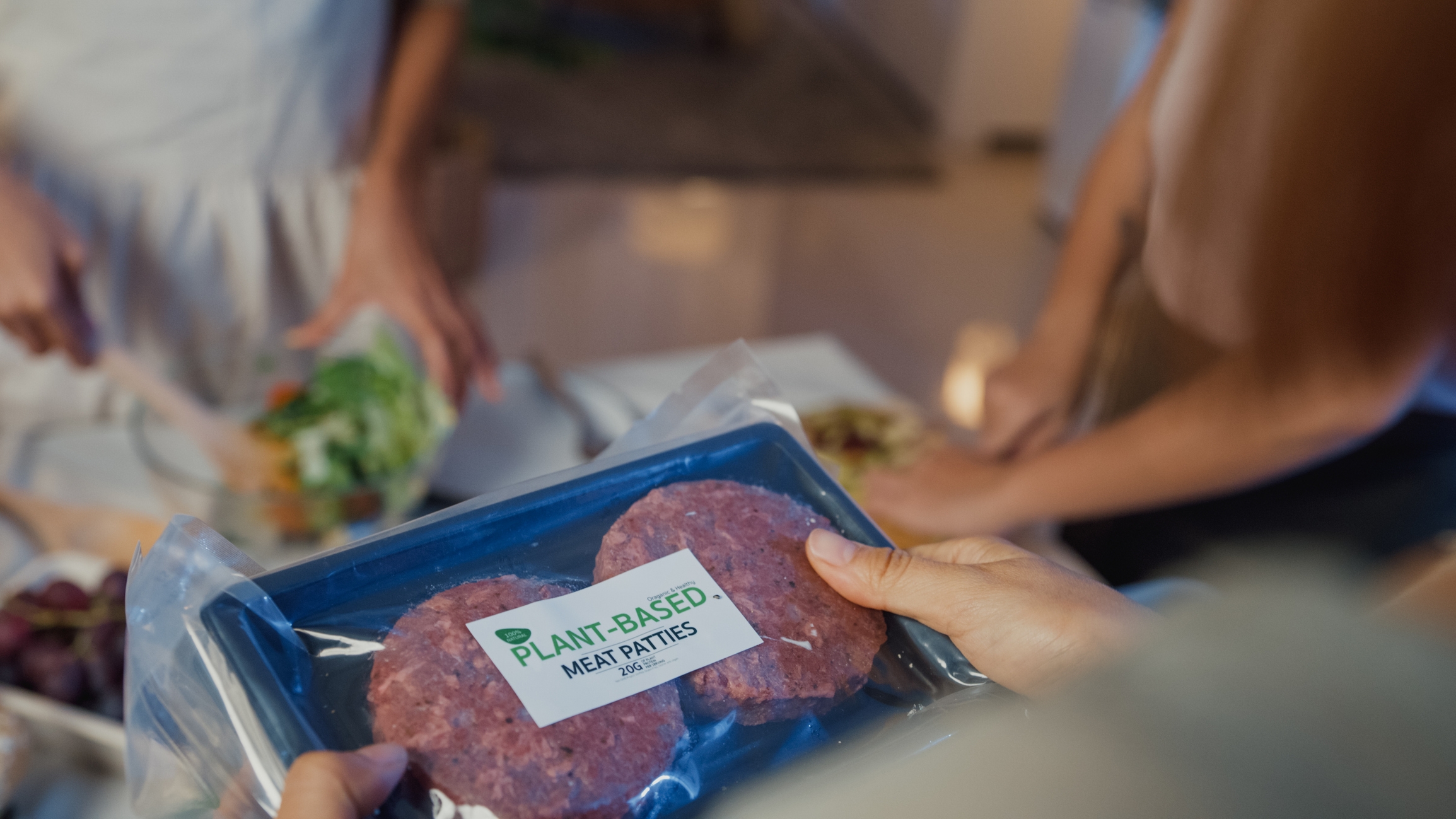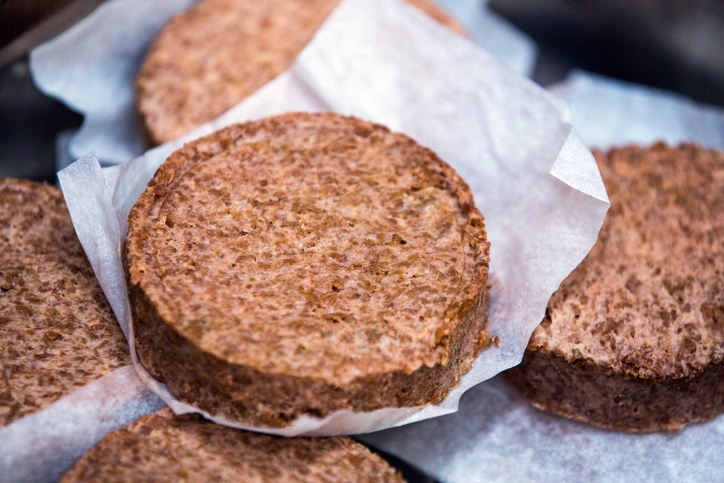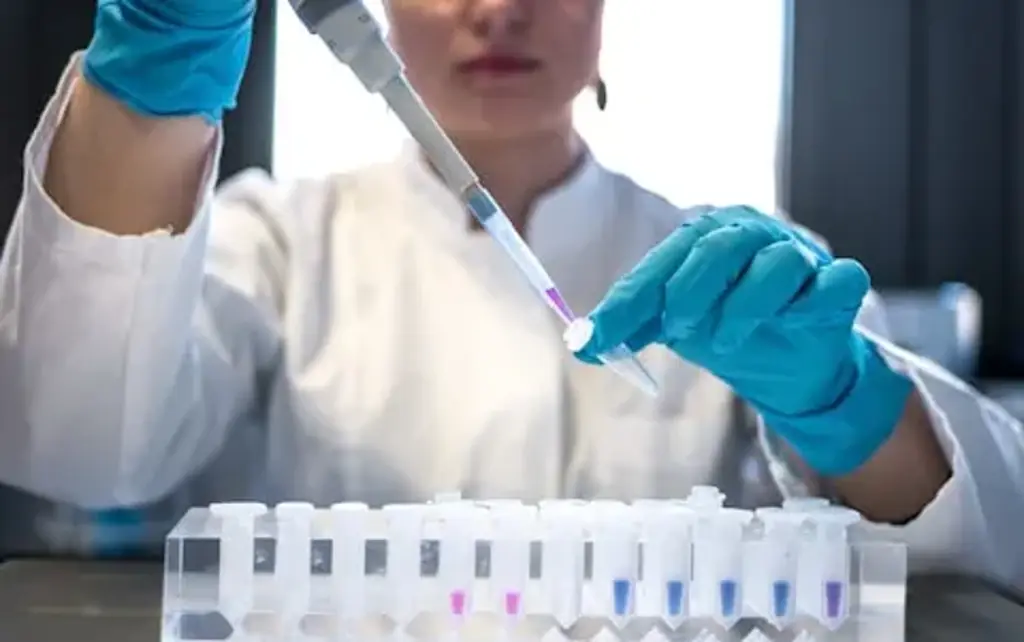Florida has started a process that would see artificial meat banned... and potentially criminalized.
Buying artificial meat isn't for everyone, and that's completely fine because the beauty of the US is that you have freedom over what you eat.
So it seems a bit odd that some want that freedom removed from people who don't eat meat - because nobody is forcing anyone to eat anything that they don't want to.
But it seems like Ron DeSantis has beef with fake meat... pun intended.
 The bill will ban imitation meat in Florida. Credit: MTStock Studio/Getty
The bill will ban imitation meat in Florida. Credit: MTStock Studio/Getty
In a bid to keep lab-grown meat off Floridian plates, Governor Ron DeSantis is eyeing the approval of bills HB 1071 and SB 1084, which aim to outlaw and penalize the production and sale of cell-cultivated meat across the state, per CBS.
With SB 1084 already passed by the state's House of Representatives on February 6, awaiting DeSantis' signature, indications suggest the governor is inclined to sign off on the legislation soon.
The bill would make it a second-degree misdemeanor to sell or manufacture lab-grown meat, resulting in a $500 fine and 60 days in prison.
 The law would affect cell-cultivated meat replacements only. Credit: Andrey Rudakov/Bloomberg/Getty
The law would affect cell-cultivated meat replacements only. Credit: Andrey Rudakov/Bloomberg/Getty
Expressing his stance during a visit to the South Florida State College Hardee Campus in February, DeSantis explained his beliefs around the necessity of traditional meat in Florida, stating: "You need meat, OK. And we're going to have meat in Florida."
He adamantly opposed the idea of "fake meat," saying: "We're not going to have fake meat. Like that doesn't work."
Distinguishing cell-cultivated meat from conventional meat alternatives like veggie burgers, the Congressional Research Service (CRS) defines it as "developed in a lab, grown from a sample of animal cells that does not require the slaughter of animals."
This growing industry, regulated by the Food and Drug Administration (FDA) and the United States Department of Agriculture (USDA), undergoes a meticulous five-step process involving the biopsy of animal cells, cell banking, cell growth, harvesting, and food processing.
 Ron DeSantis is expected to sign off on the bill. Credit: Octavio Jones/Getty
Ron DeSantis is expected to sign off on the bill. Credit: Octavio Jones/Getty
Despite heavy investments of around $3 billion from private capital and significant research grants, Florida lawmakers remain skeptical.
Republican representative Danny Alvarez emphasized the lack of long-term studies surrounding cell-cultivated meat, stating: "As of today, the unknowns are so great."
Those who oppose the bill, such as Representative Anna Eskamani, argue that the production and sale of imitation meat is a good thing for the local population.
As per Fox 13, Eskamani said: "The reality is not only should we be embracing new technologies and allowing this sector to have a footprint in Florida.
"But we also need to be proactive in addressing population growth and the fact that we don't have enough meat to sustain the population in this state and in this country for decades to come. And allowing there to be the production of alternative proteins is a good thing."
Do you support the bill?















